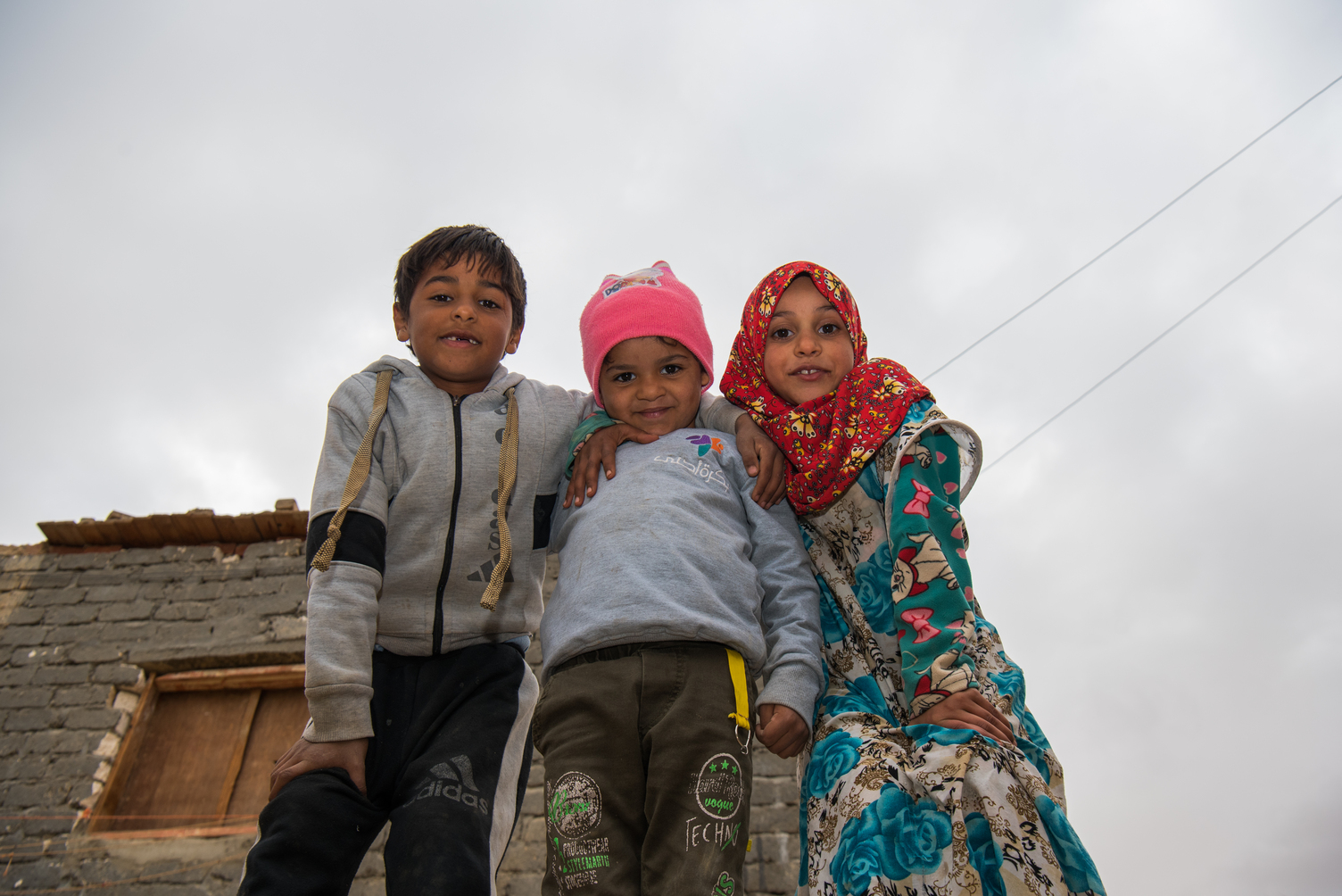Earlier this month, a road accident in Egypt’s Menoufia Governorate killed 19 young agricultural workers, most of which were teenage girls. They had been commuting from their village Kafr al-sanabsa to fields in Sadat City when their minibus collided with a truck.
The tragedy highlighted a wider crisis that persists quietly across Egypt; child labor. Despite legal reforms, children, especially in rural areas, continue to work in unsafe conditions for meager pay, often without legal protections or access to education.
According to the 2021 Egypt Family Health Survey (EFHS), an estimated 1.3 million children, around 4.9 percent of the child population, are involved in labor, with over 900,000 working in hazardous environments. Rural areas, particularly in Upper Egypt, bear the brunt. In these communities, child labor is not only widespread, it is widely accepted.
In Egypt’s agricultural zones, particularly in governorates like Menoufia, it is common for children, particularly girls, to take on physically demanding work for low wages.
Many travel long distances in overcrowded minibuses to reach fields in areas like Sadat City, where they earn as little as EGP 120 (USD 2.43) a day. In this most recent incident, the daily commute turned fatal when a truck struck their vehicle at dawn, killing 19 of them.
In the fields, workdays can stretch to eleven hours, often without adequate breaks. In cotton cultivation, children are tasked with removing worm eggs and infected vegetation, sometimes just hours after pesticide spraying. Dehydration, exhaustion, and malnutrition are frequent outcomes, not exceptions.
But agriculture is only one part of the picture. Children are also absorbed into informal urban economies, selling fruit on sidewalks, weaving through traffic to peddle newspapers or toys, or assisting parents in unregulated street markets. According to a 2020 United Nation’s Children fun (UNICEF) Egypt briefing, nearly 27 percent of working children are engaged in informal services, most without any legal or social protections.
For girls, domestic work remains especially common. Many are sent to live in employers’ homes, where they work without contracts, consistent wages, or access to education. Human rights reports have also documented cases of exploitation that go far beyond labor, ranging from trafficking to commercial sexual abuse under the guise of temporary “summer marriages.”
A Legal Framework That Falls Short
Egyptian labor laws prohibit hazardous child labor and set the legal minimum working age at 15. But enforcement remains inconsistent, particularly in rural and informal sectors, according to the Egyptian Initiative for Personal Rights (EIPR) and other international rights organizations. Legal protections are rarely applied outside formal employment structures, leaving the majority of working children, those in agriculture, domestic work, and street-based jobs, without recourse.
EIPR has raised concerns that the state continues to “disregard the rights of women agricultural workers, including their right to a safe working environment, decent, adequate transportation, fair wages, and legal protection mechanisms.” The organization described this neglect as part of a broader “pattern of disregard of working conditions,” often exposed only briefly in the aftermath of public tragedies.
A Cycle That Demands Change
Child labor in Egypt is not just a legal or economic issue. It reflects longstanding social norms, especially in rural areas where sending children to work is often seen as necessary.
But, the consequences are serious. Children who work long hours in unsafe conditions often miss out on education and face health risks, keeping families locked in cycles of poverty.
Policy reforms have been introduced, but without strong enforcement, adequate funding, and support at the community level, little changes on the ground.
The recent crash in Menoufia shed light on an urgent problem. Expanding access to education, improving transport, and protecting informal workers are critical steps toward breaking the cycle.







Comments (0)